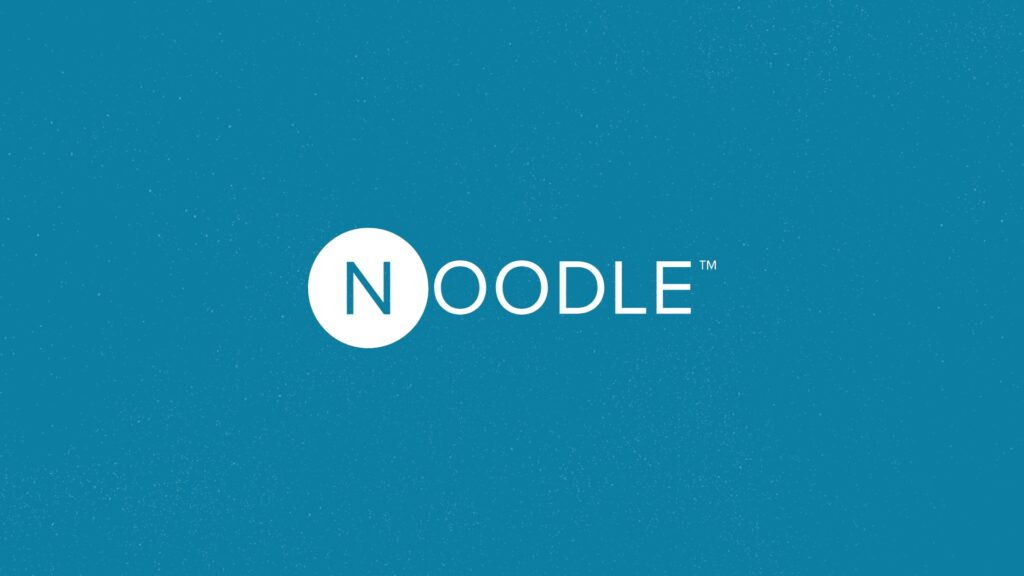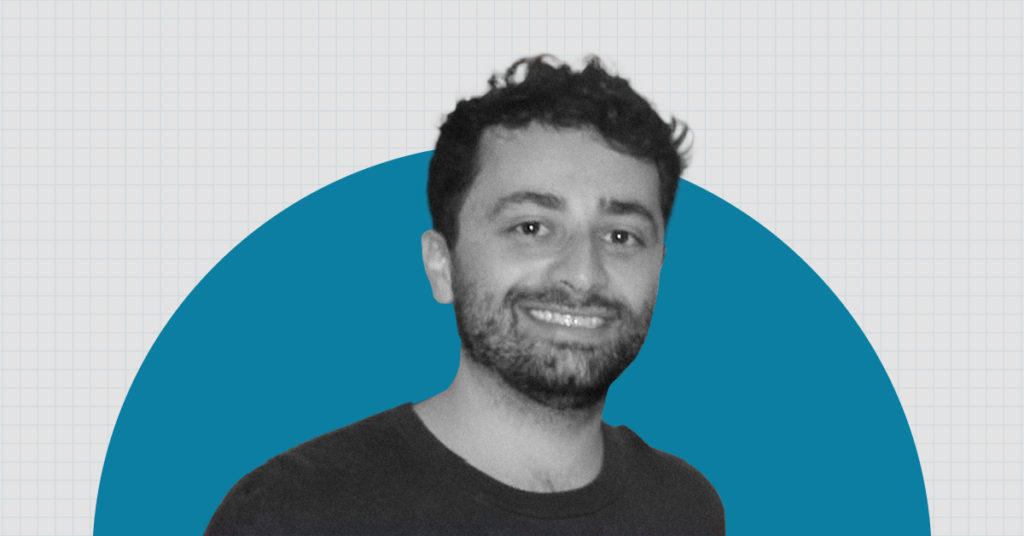Tamisha Doublin, Director, Project Management Office, started out as a marketing professional, but ultimately marketed herself into a career in education. Tamisha, who still lives in her hometown of Little Rock, Arkansas, received a Bachelor’s in Business Administration with an emphasis in Marketing from the University of Arkansas in Little Rock, and a Master of Arts in Media Communication and Marketing from Webster University. She embarked on the marketing career that she planned, but had an unexpected moment while driving home from work one day. She had never thought of herself as a person who would be an educator, but suddenly thought to herself, “wouldn’t it be nice to teach others?”. Not being one to delay action on inspiration, she stopped by the Department of Fine Arts at Pulaski Tech and met with the Dean of the department. Within 45 minutes of their meeting, Tamisha had marketed herself so well that the dean believed in her, gave her a textbook and a copy of a syllabus, and she was officially a new member of the faculty. That started a whole new career trajectory, and in the ten years following, she had the opportunity to mold the minds of many students from a variety of walks of life.
Get to Know Director, Project Management Office Tamisha Doublin
“Leadership is about working with and achieving a common goal that benefits everyone.”
What elements or traits does a great leader exhibit?
Great leaders understand how to balance their emotions with logic and find resolutions that positively impact their team members, their stakeholders, and their organizations. With so much being thrown at you at one time, making the right decision in difficult situations is no small task. Great leaders are those individuals who know when to move ahead with the readily available information, versus when they need to take more time to gather additional information. It can be hard to know when to keep pursuing further details, and when to stop and make the decision. Great leaders understand that balance.
When you think of great leadership, who comes to mind? Why?
While there are so many who come to mind over the years, when I think about whose actions and words have significantly impacted my life, Earl G. Graves, Sr., and Nelson Mandela are top of my list.
Earl G. Graves, Sr., was named one of the ten most outstanding minority businessmen in the country. Additionally, he received the National Award of Excellence for his achievements in minority business enterprise. There have been times throughout my life when I have had to endure and overcome obstacles, but the words of Mr. Graves have always given me hope and the ability to move forward. He said it best, “Hold on to your dreams of a better life and stay committed to striving to realize it.” When a person is inspired to pursue their dreams, they will attract individuals with the same values and desires. It’s a fact that the more you surround yourself with the right people, the overachievers, the further you will go in life.
Nelson Mandela dedicated his life to fighting for equality—and thus helped topple South Africa’s racist system of apartheid. He once said, “If you want the cooperation of humans around you, you must make them feel they are important – and you do that by being genuine and humble.”I have tried to emulate these words with all I do. Nelson Mandela’s leadership and wisdom remind me that a great leader has many qualities. To be a great leader, one must never give up, bring people together and be selfless. Leadership is about working with others and achieving a common goal that benefits everyone.
How has your personal leadership style evolved over time?
I think twenty years ago, businesses were operating at a slower pace than today. Remote working was the envy of all, and I think a more autocratic leadership style was often used by individuals, including myself. Leaders made all decisions with little input from employees. It was total control, giving people clear direction on what to be done, when to do it, and how to do it. One could say there was primarily a focus on hard skills and getting tasks done.
Fast-forwarding to today, adapting to the environment, leadership has become collaborative and more people-oriented. In this new leadership style, work is no longer ordered from above but powered from within. In my opinion, this new period of working has opened doors to innovation and creativity. It thrives on teamwork and productivity. With this shift from hard leadership to soft leadership skills, leaders are more people-focused than task-focused. Some would call this leading with kindness, which is a more humane approach to leadership.
What is it about your background or career experiences that successfully positioned you for your role at Noodle?
Having had years of experience in training and development for the Army National Guard, I had a desire to lead and manage, so I made the switch to a leadership role. Before Noodle, I was a Program Manager for the Army National Guards Recruiting and Retention schoolhouse. With a staff of over 40 diverse and unique individuals, I had oversight of residential and online courses in recruiting, sales, and leadership. It was a challenge juggling 40 subordinates and their broad scope of job functions, as well as handling their HR-related issues. But it was a challenge that I wanted and enjoyed and that prepared me for a variety of responsibilities here.
As a Director of Project Management, I act as a liaison between the Learning team and the Project Management Office. I focus on using a variety of tools to keep things within scope, time, and budget. So, as in my former role, I need the ability to manage the people, processes, and business priorities of a professional project that is being worked on by a variety of people with a variety of backgrounds and professional expertise.
How do you support the success of your team?
I believe you can support success by noticing and encouraging positive behaviors and practices. I’ve seen firsthand that providing support can help boost morale, increase productivity and create a happier and healthier work culture. Professionals who feel supported by their colleagues often are more confident in their abilities and can return the support to others, which can benefit the entire team and company.
Probably due to my communication background, I’m a firm believer that communication must take place. I think the core of success for a team is establishing reliable methods of communication that can help coworkers connect and clarify expectations. Also, I always let my coworkers know they can come to me with questions about their job or the new process that’s being implemented. I’ve worked to establish myself as a professional who my peers can ask for help, which sets a sense of trust and ease to their concerns. It also has opened a line of communication that allows me to go to others for help.
I also believe that you should allow your coworkers to strengthen their skills by teaching them how to do something or guiding them through a new task. I try to only offer advice on my area of expertise, and support others who want to gain expertise there as well. This provides learning opportunities that can challenge professionals to develop their skills and encourage them to strive for success.
Describe how your career has been enhanced by exposure to diverse people, places or experiences.
After obtaining my Master’s degree, I was employed simultaneously with the Army National Guard as a GED Plus Instructor and with the University of Arkansas – Pulaski Technical College as a Speech Communication instructor. I had the opportunity to deal with a diverse population in both roles. Not only did I need to be able to work effectively with students from many ethnic and cultural backgrounds, but my students also had very different family backgrounds and life situations.
I learned early in my career that fostering inclusion and awareness around multicultural education and taking a culturally responsive approach to teaching style not only benefited my students, but taught me as well. From my lens, I was able to see that working with those tools encouraged acceptance and helped prepare my students to thrive in an ever-changing, diverse world. I was and still am today that person who takes the time to learn about each student’s background, interest, learning styles, and what makes them unique. As an instructor, I facilitated and encouraged conversation and healthy debate between diverse opinions. It was not only interesting, but helped prepare me to work at Noodle, where we have such a diversity of students at our partner universities.
What are some of the most effective tools in your leadership arsenal?
Being a leader is no easy task; it takes an incredible amount of time, effort, and the right amount of charisma to get the most out of your team. When I was at the Recruiting and Retention schoolhouse, even though it was early in my career, I understood that I needed to master certain skills to inspire my team to do their best work.
The first skill I needed to master was strategic thinking. Although I’m not a great chess player, I can definitely relate to the strategic thinking that great chess players need. A chess player knows all too well that to win, you must be one step ahead of your opponent. One has to see where they want to move and anticipate their opponent’s next move before taking action. While work isn’t oppositional in the same way, it’s easier to effectively plan and identify how you will respond to a given situation by thinking strategically.
Innovation is one of the top professional development tools I have in my arsenal. It’s all about working smart, not hard. The ability to innovate and create change is what allows us to thrive. From day one, it’s been my main focus to work on our project management workflow to consistently drive toward making new, improved, and unique products for schools. I constantly think about how I can contribute by brainstorming, collaborating with others, and old-fashioned trial and error.
Another skill is conflict resolution. We all know it is important, but only a few of us can master it. I’ve had my share of conflict, but the best way to deal is to have open, honest communication. Conflict is a natural part of any relationship, whether working or personal. No one is born at resolving issues; it is a learned skill and one that can be taught, developed, and refined over time, and I continue to do that.
Tell us something about yourself that people would be surprised to learn.
I’m a certified Project Management Professional (PMP) and Agile Certified Practitioner (PMI – ACP).As of May 2021, Project Management Institute(PMI) reported 372,726 certified Project Management Professionals. Especially given that this is a BHM profile, it’s important for me to note that of that number, only 7% are African Americans, and even I was surprised by that. I am really honored to be a part of such an exclusive group of like-minded individuals.



